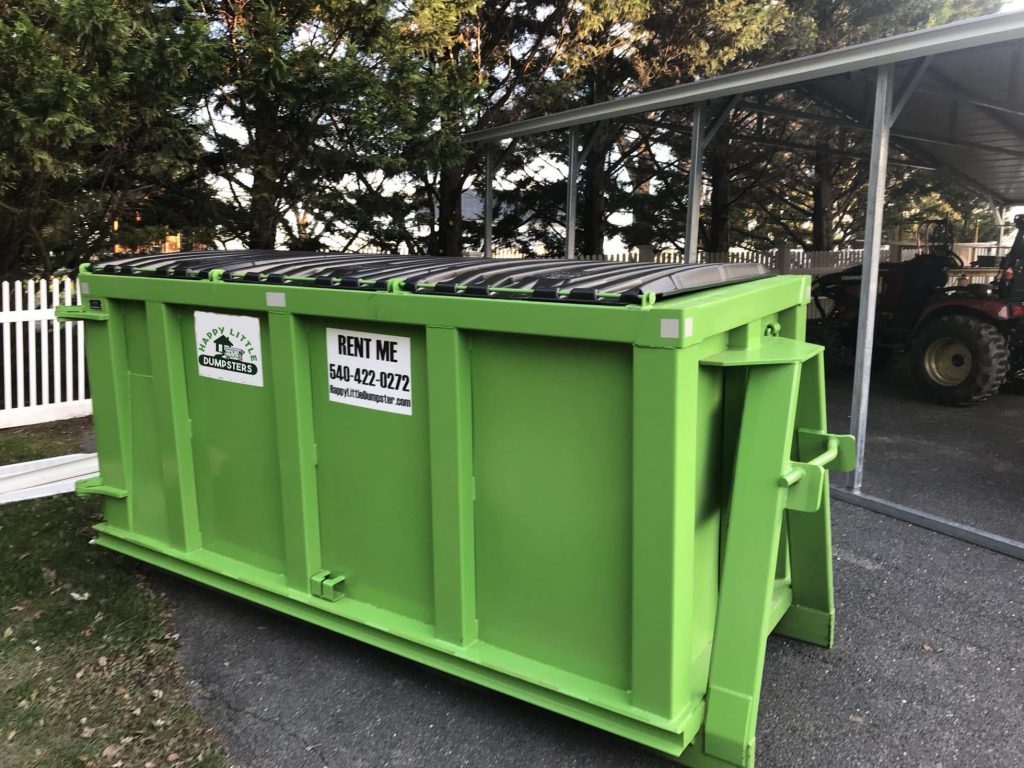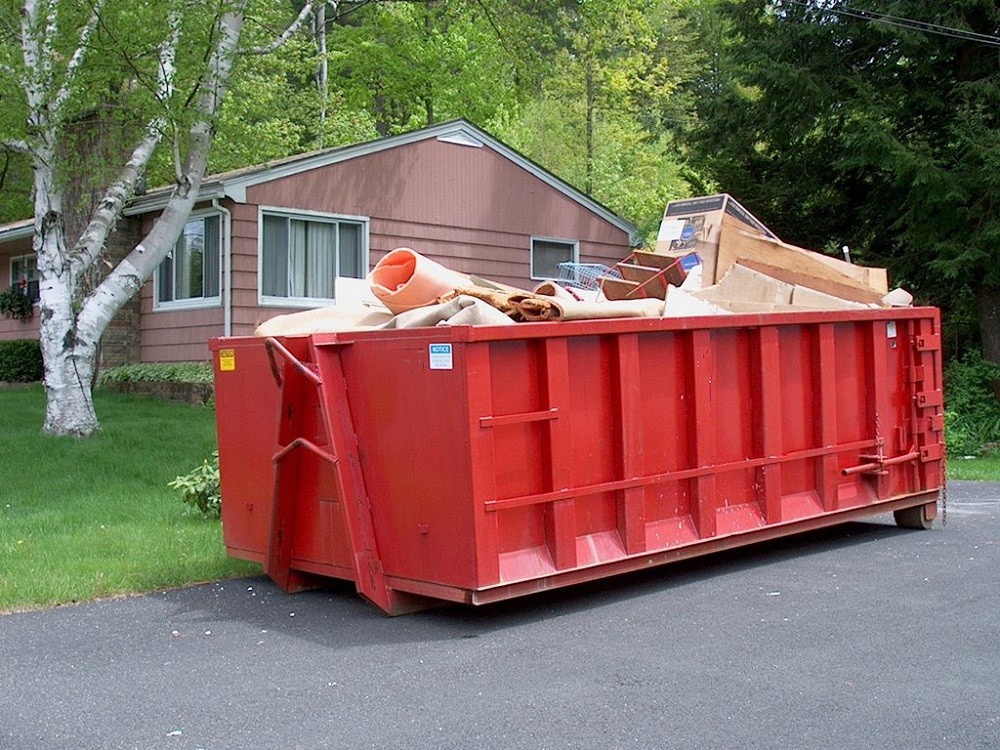In A Dumpster, What Can You Put?
When It Comes To Dumpster Diving, The Sky’s The Limit. Garbage Is The Obvious Answer, Isn’t It?
There are, however, a number of restrictions on what can and cannot be disposed of in municipal dumpsters. You could be fined if you throw things like whole tyres and hazardous materials into the dumpster. In addition, if you’re using a rented dumpster, you’re agreeing to terms of your rental agreement if you put prohibited items in there.
Before disposing of anything questionable in the dumpster, it’s a good idea to brush up on your understanding of the law. Go to the bottom of this page to find out what you can & can’t throw away in a trash can.
Disposal Dumpsters Are Perfect For Non-Hazardous Trash. Among These Are:
1. Alkaline Batteries
California is the only state that does not allow regular batteries to be disposed of in the trash. You can, however, take your old batteries to your local recycling centre to have them recycled.
Single-use batteries were recycled for many years, and many people may remember that remembrance. This is because, until the mid-1990s, alkaline batteries were made using environmentally hazardous mercury.
Alkaline batteries no longer qualify as household hazardous waste under federal and state regulations (with the exception of California), so they can be disposed of in a dumpster.
2. Construction & Home Improvement Debris
It is possible to put almost everything construction waste in a dumpster. Included here are:
- Brick
- Asphalt
- Concrete
- Bathroom fixtures
- Cabinetry
- Flooring
- Countertops
- Stone
- Drywall
- Siding
- Lumber and wooden materials
- Tiles
- Subfloor materials
You may have to rent a reinforced dumpster if your materials seem to be particularly heavy.
3. Drained Appliances
Most household appliances, such as washers, dryers, and air conditioners, can be disposed of in a dumpster as long as the hazardous fluids & components have been removed first. In order to dispose of them without draining them, a professional must be hired.
Refrigerators must also be drained of their freon before they’re even thrown in a dumpster, so it’s usually less expensive to pay to have them removed.
4. Electronics
If you live in an area where dumpsters are available, you can dispose of your personal electronics there. You may have to recycle e-waste if you’re trying to clean out an office or to have a lot of electronics to just get rid of.
E-Waste Donation and Recycling Options
Your local e-waste recycling facility or one of many office supply & electronics brands offering into or mail-in recycling options can help you dispose of old electronics in a more environmentally friendly manner.
When an item is damaged, it’s always a good idea to donate it. Some charitable organisations collaborate with tech experts to collect electronic parts and refurbish them. It’s then up to the local charities, either directly or through selling the used electronics, to make use of the refurbished goods in their own communities in a positive way.

5. Empty Aerosol Cans
Empty aerosol cans, such as those used for hairspray and nonstick cooking spray, are safe to dispose of in a dumpster. There is a risk of an aerosol can exploding if it is even partially full.
6. Household Junk
Any non-hazardous household trash can be placed in a dumpster for disposal. It is defined as any product that “can catch fire, react, and explode under certain circumstances,” as well as “corrosive and toxic” by the Environmental Protection Agency.
Most household appliances, furniture, yard waste, and construction debris are examples of hazardous and non – hazardous household junk.
7. Wooden Furniture
Furniture made of wood can almost always be disposed of in a dumpster. It is safe to dispose of wood-based furniture such as chairs, tables, closets, shelves, and other items.
However, different rules apply to upholstered furniture, such as couches, armchairs, and so on, depending on where you live. To learn more about upholstered furniture, click on the “furniture” link at the bottom of this page.
8. Yard Waste
Things like branches, leaves, brush, storm debris, or other environmental flotsam that you find in your yard can be disposed of in a dumpster because they were there first.



